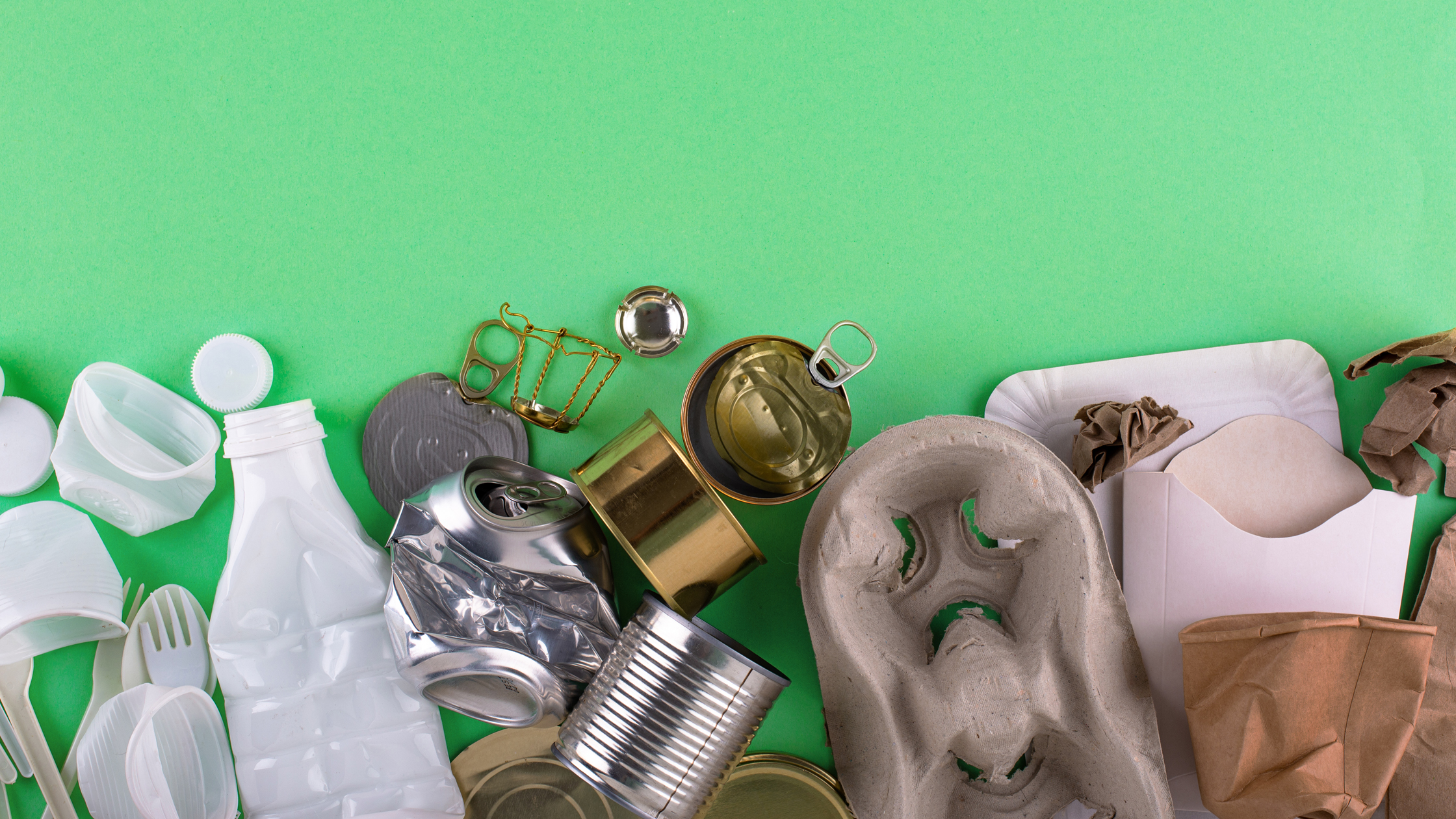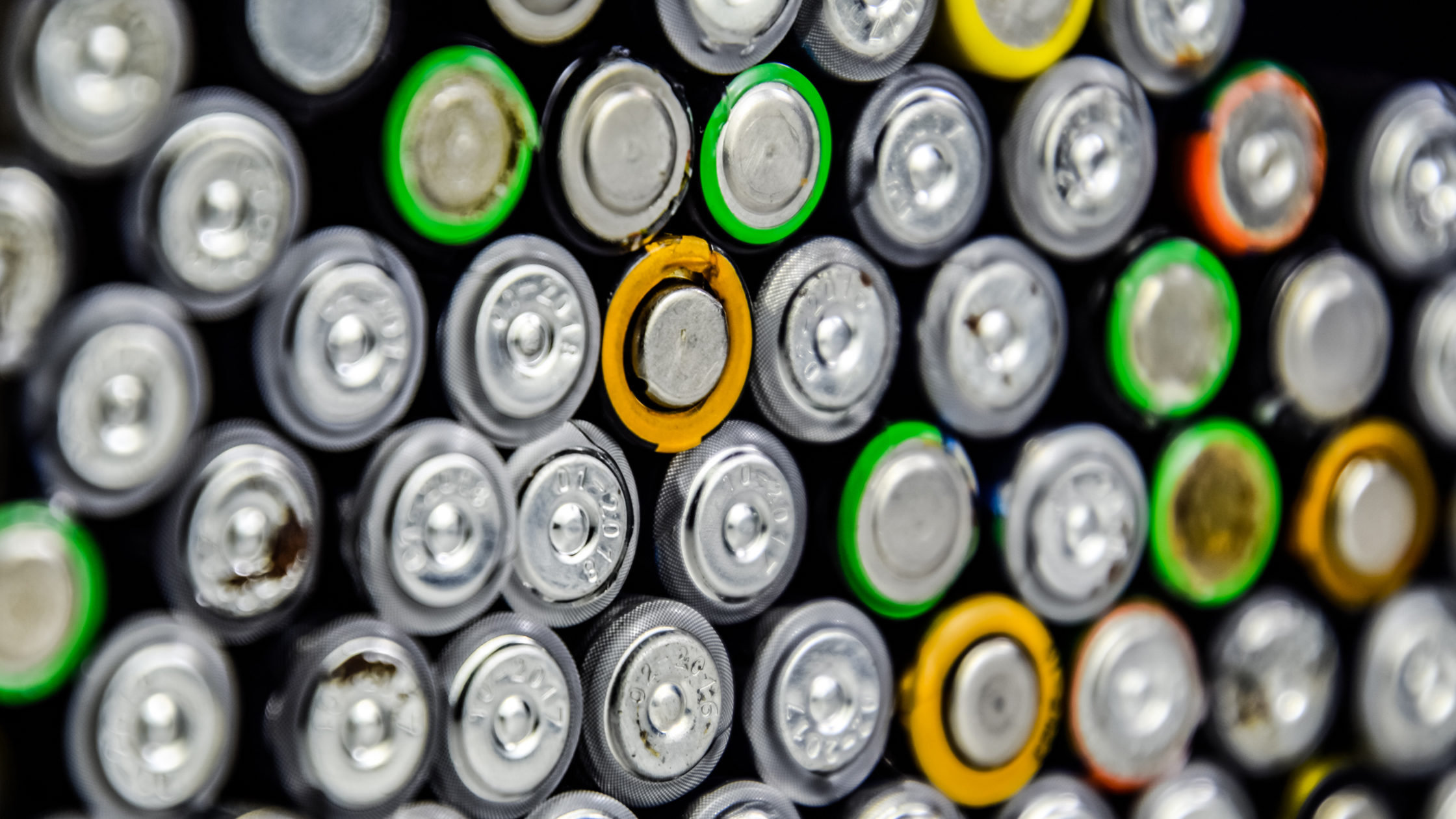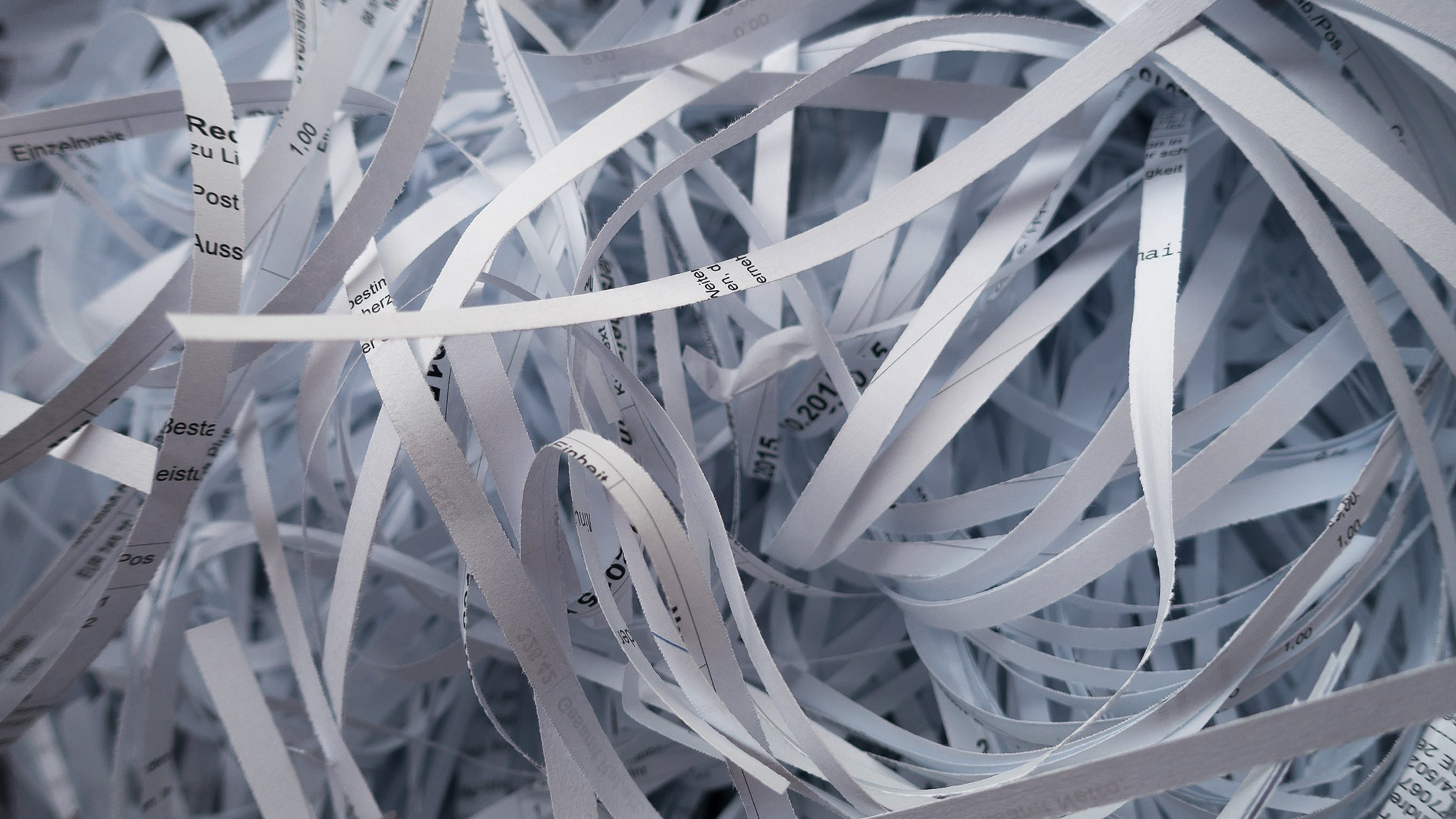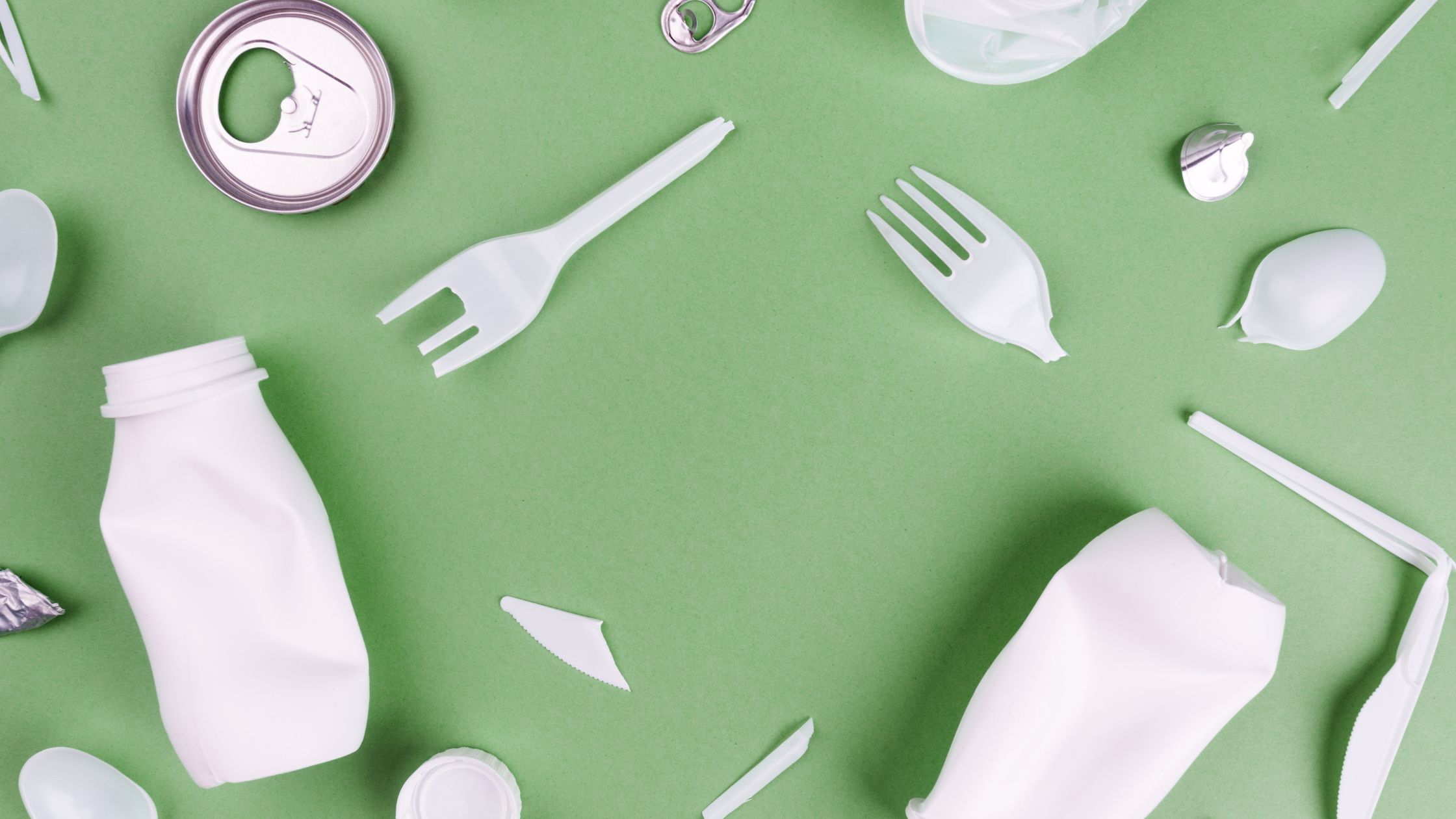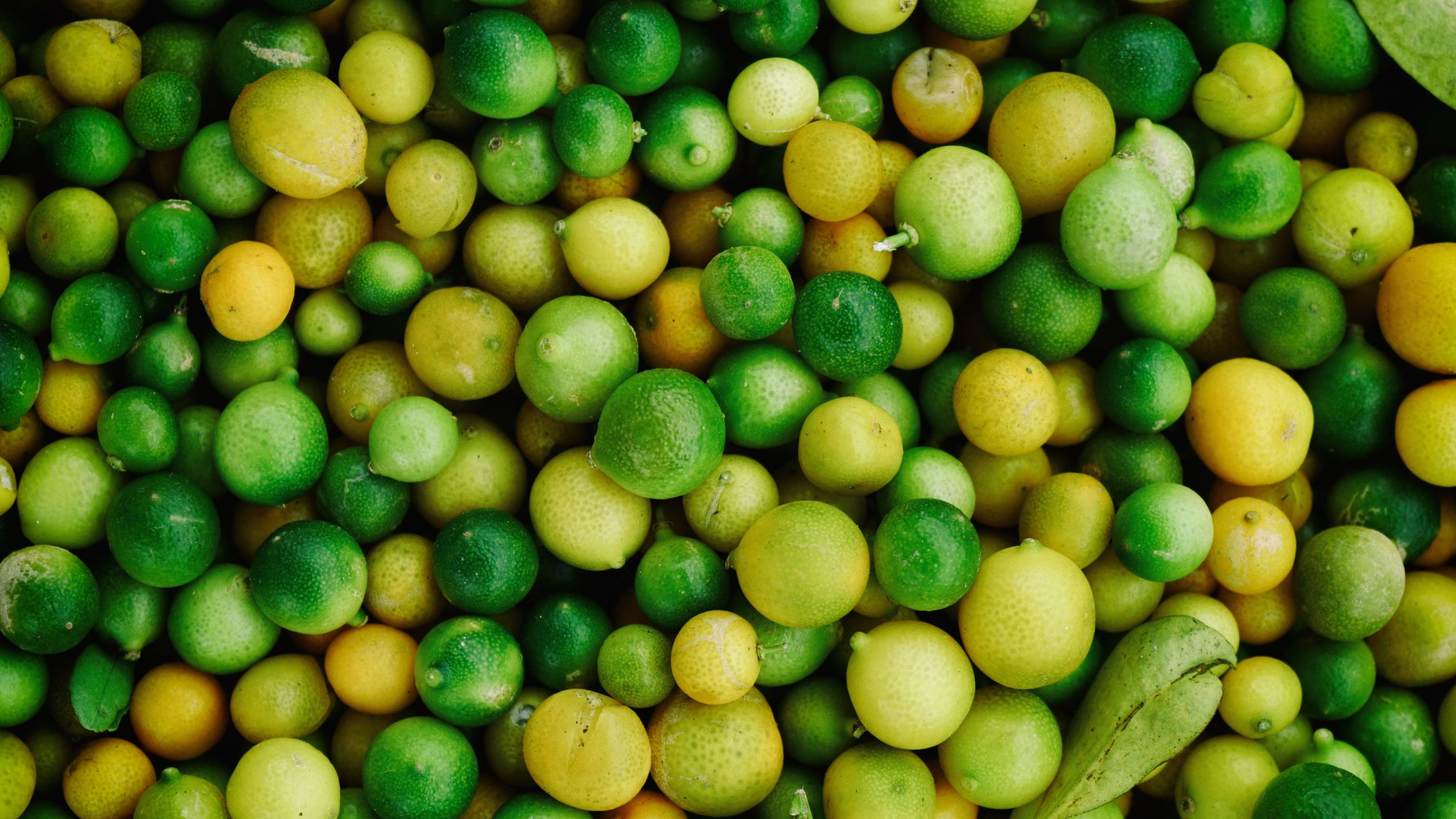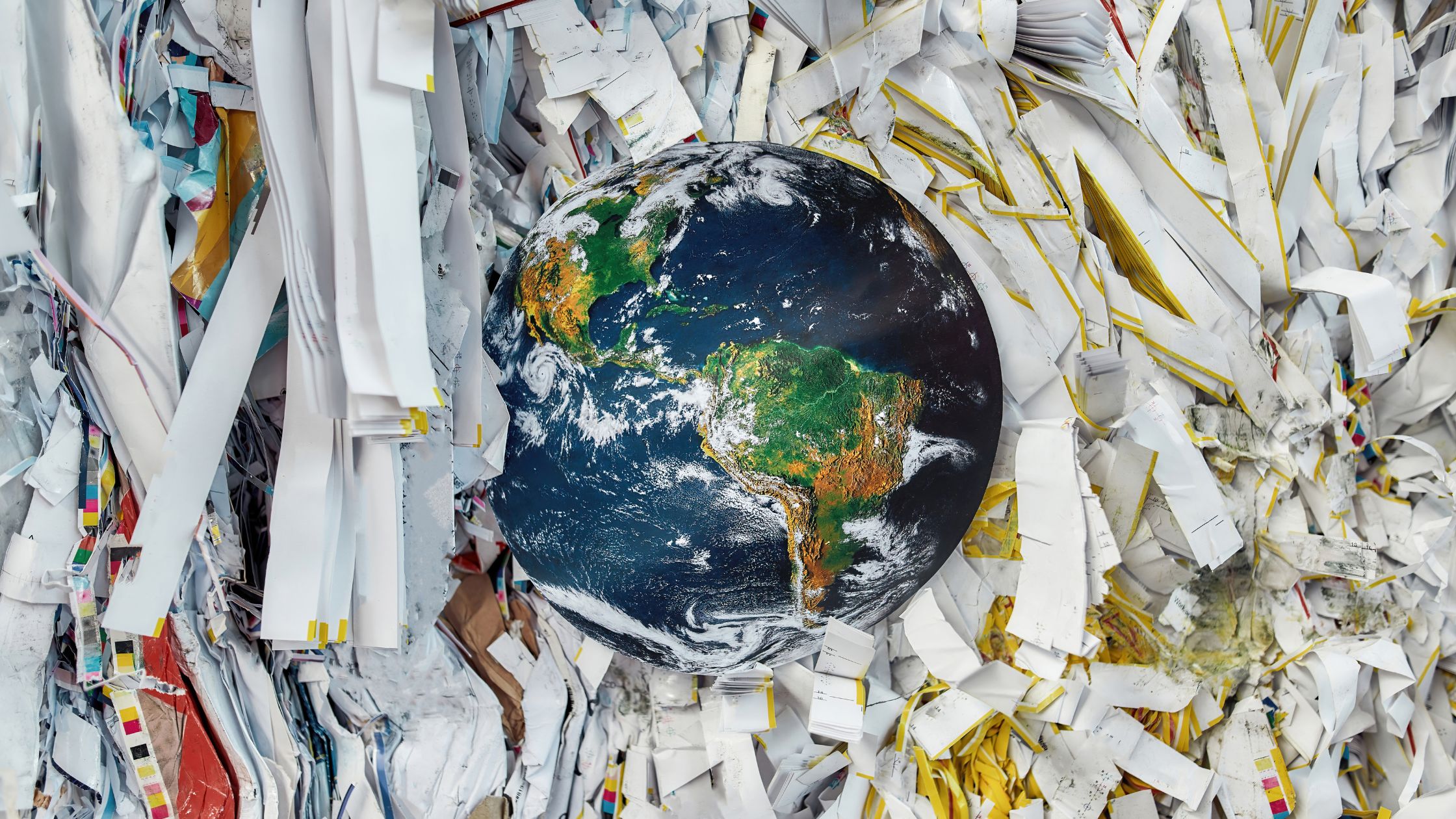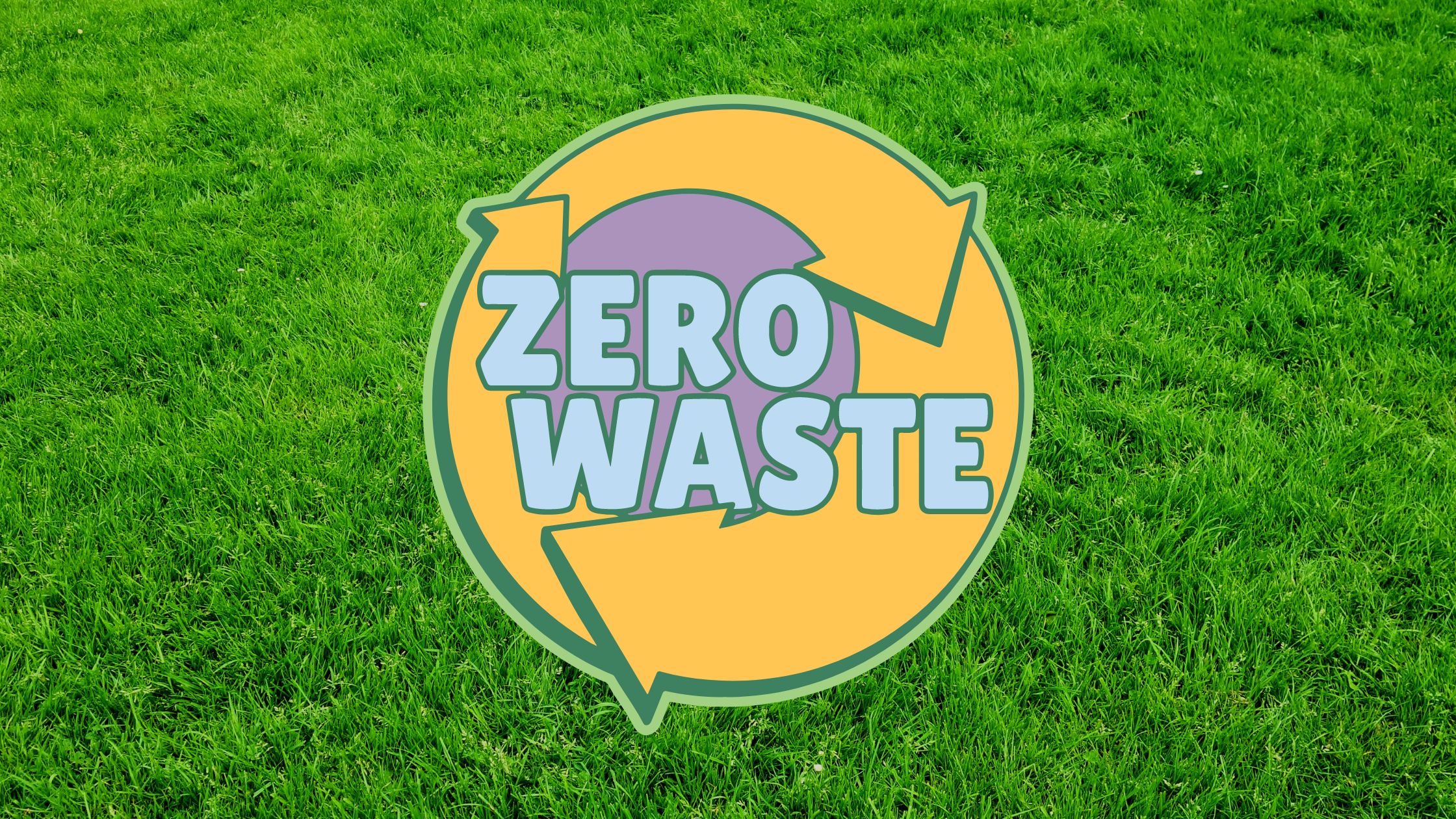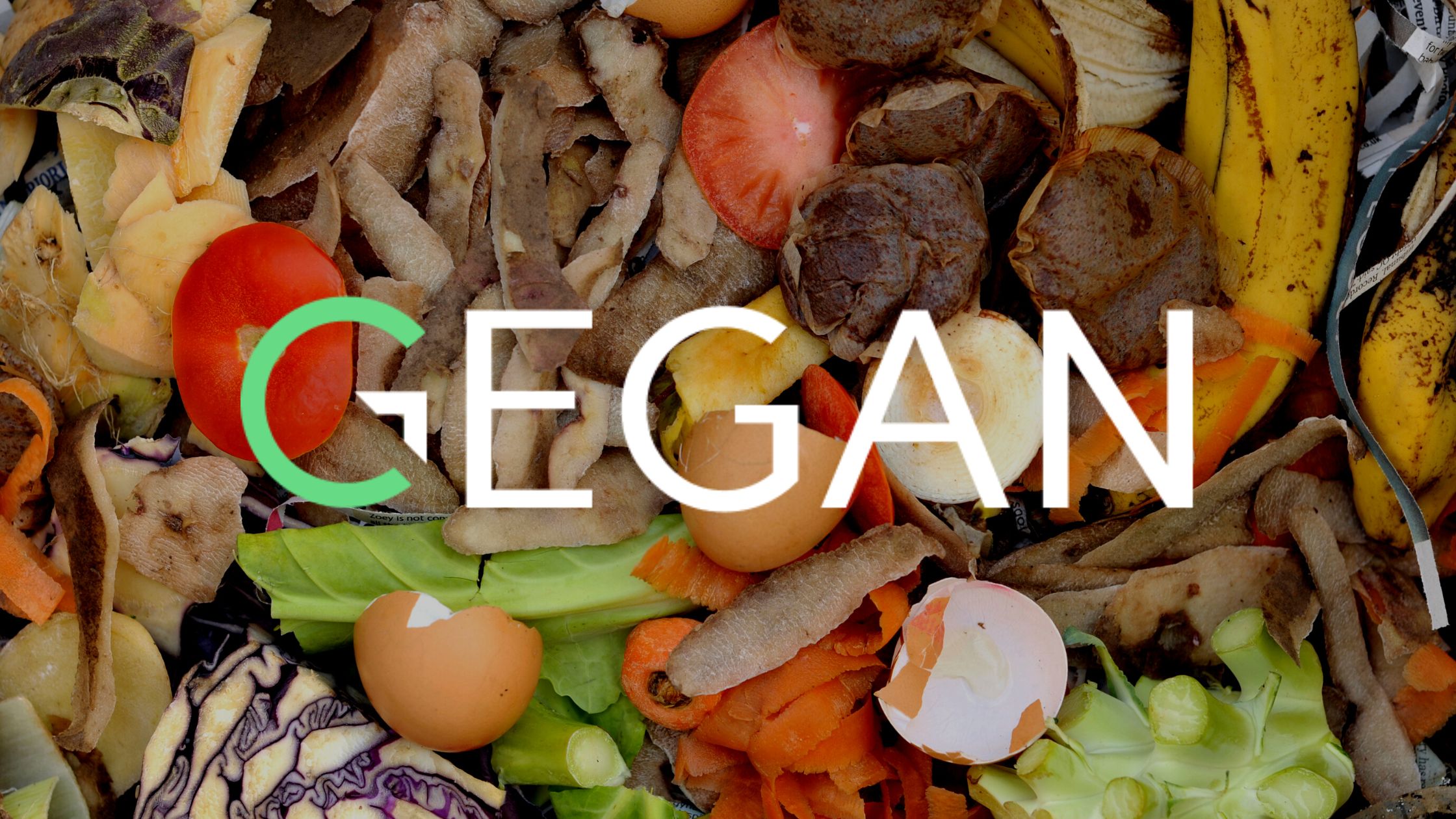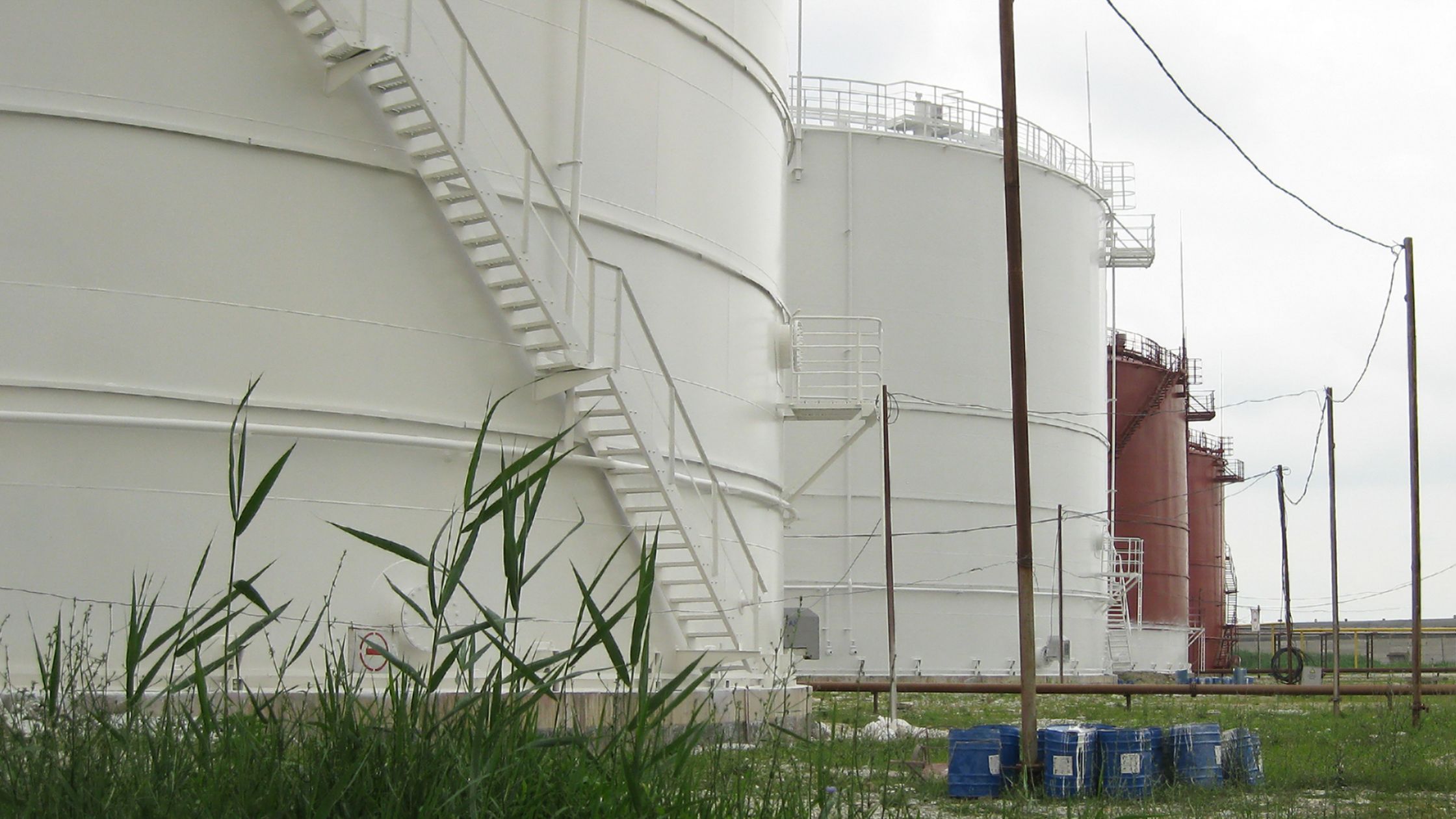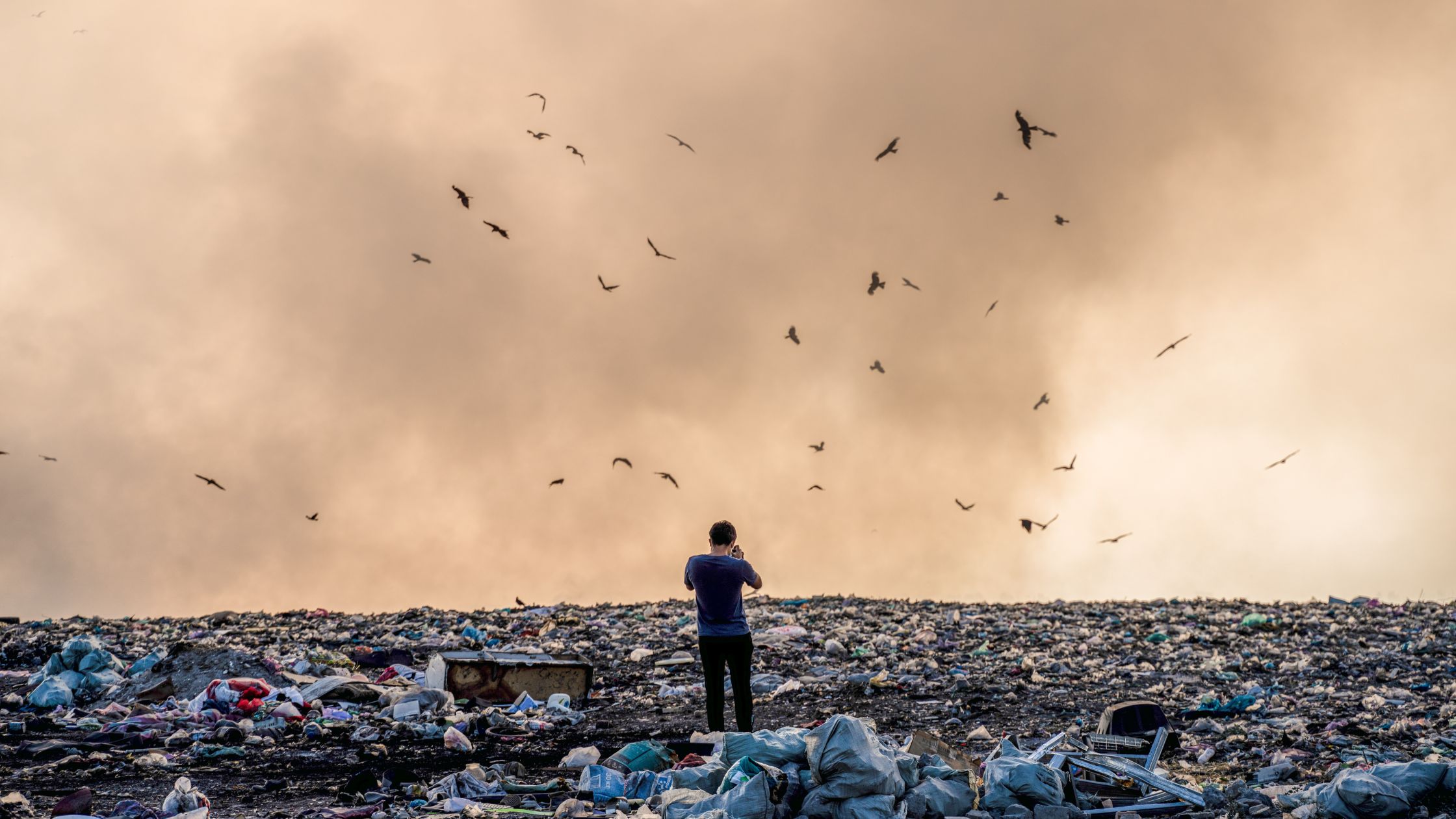
By 2025, the way we handle food waste as a country is going to look dramatically different. While reducing the amount of food waste is absolutely necessary, the final destination of what does go in the bin is just as important. Unavoidable food waste is actually a valuable resource that should never end up in a landfill – yet it’s estimated that in the UK 40% of food waste is decomposing in the ground.
So here are a few reasons why separating your banana peels, uneaten veg, and eggshells from the rest of your rubbish should be the next thing you do to save the planet – after all, recycling food waste is the first step towards zero waste recycling!
Food waste in landfills is bad for the planet
At the moment, 10 million tonnes of food post-farm-gate goes to waste each year in the UK. According to WRAP, this makes more than 25 million tonnes of greenhouse gas and is equivalent to £20 billion. To combat this, the government announced a giant £295m of funding for all English local authorities to prepare to implement free separate food collections for all households from 2025, which is set to start in 2023.
“But food just decomposes, what’s the issue?”
In uncontrolled conditions, food waste breaks down and releases methane, which has a global warming potential 23 times greater than carbon dioxide. This is in addition to all the greenhouse gas emissions already accumulated from the food’s production, transportation and preparation! It’s far better to separate it and use it for greener purposes.
Food waste can be turned into green energy and fertiliser
Instead of heating up our planet through greenhouse gas emissions, unavoidable food waste can power your home or office, while providing nutrients for agriculture. Some excellent science people have used anaerobic digestion, a technique resembling the biological process in a human stomach.
Food waste is put into a giant tank with no oxygen, a lot of pressure, and controlled heat where micro-organisms break down the organic material. This biochemical process produces methane, which is collected and turned into electricity, as well as a solid/liquid fraction called digestate, used for bio-fertiliser. Food is powerful; and a lorry load of food waste would be able to generate enough electricity to power 20,000 TVs for an hour. TV not your thing? Well how about this? A single recycled banana peel can generate enough electricity to full charge your phone. Twice!
It costs more to NOT recycle
With disposal costs (whether landfill or incineration) tending to be around £100/tonne and anaerobic digestion gate fees around £35, maybe the savings from ensuring food waste is separated and ready to be recycled would be worth it! The average business said sending food waste to landfill costs them nearly £51,000, whereas recycling it costs just under £44,000, according to Keenan’s study.
We get it, sorting out food waste is a rubbish job
The truth is, throwing away unwanted food comes at a cost, both to your business and the environment. Customers in today’s world are very conscious of business values and will often align themselves with businesses that share their beliefs. By recycling your food waste, you can become a ‘green’ business that cares for the environment which will be great for your reputation and will help you attract customers that are looking for sustainable businesses to support.
But these days, more homes are using separate food waste caddies, so your employees will begin to adapt to this in the work environment very soon, if they haven’t done so already.
In addition, if your business produces GHGs or affects the environment in any way (Streamlined Energy & Carbon Reporting (SECR)), you have to report it to the government. By recycling your food waste, you naturally have fewer pollutants to report.
And if all this isn’t enough to convince you, according to DEFRA’s waste strategy, it’s likely that food waste recycling will become compulsory for businesses and households in the near future.
Ready to start being an Earth saviour?
Contact us today.


